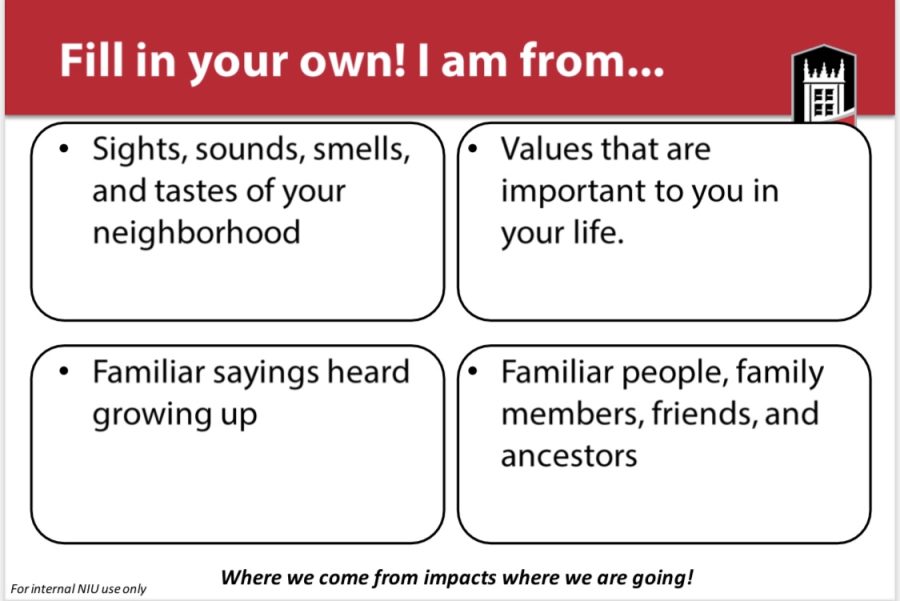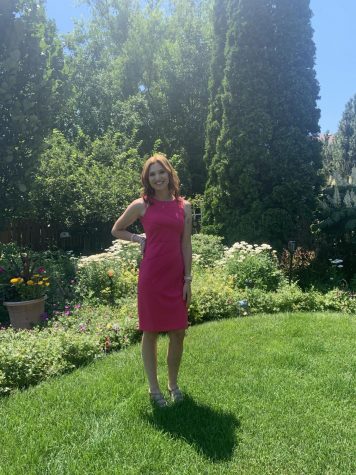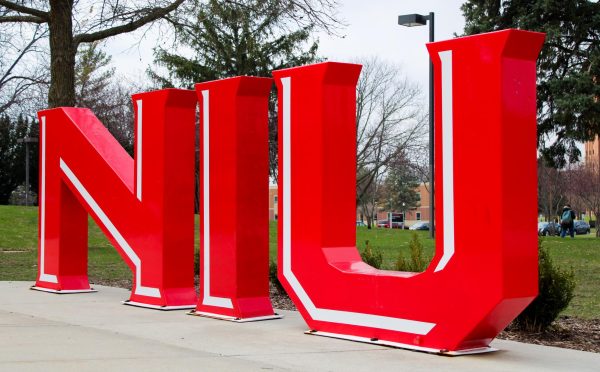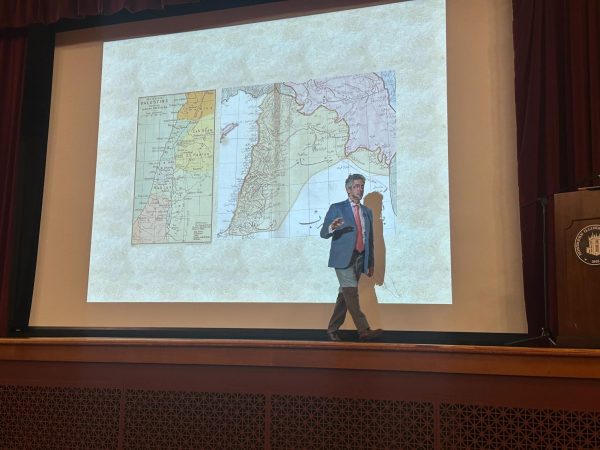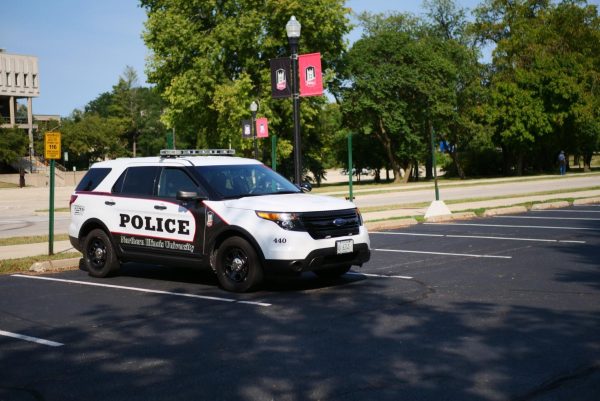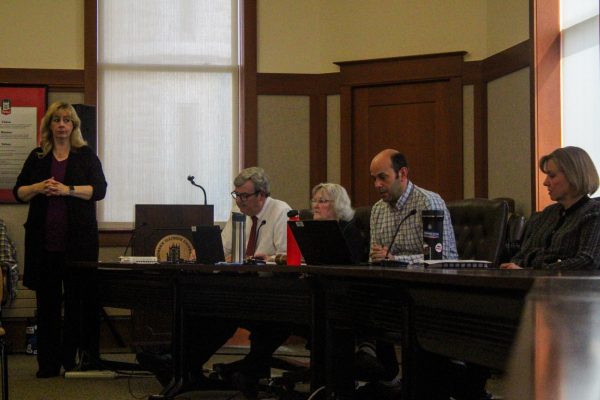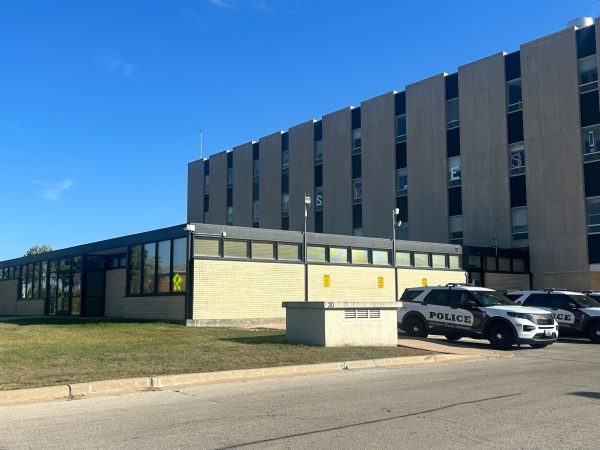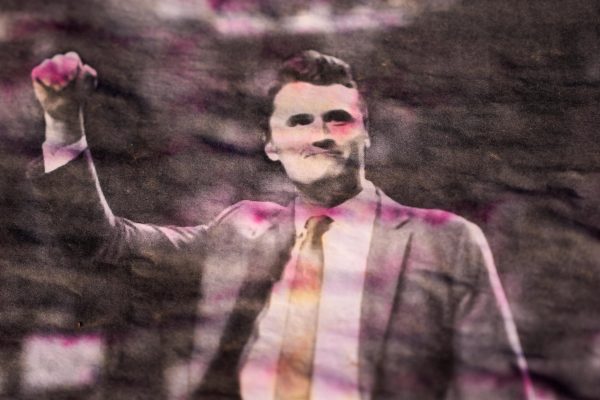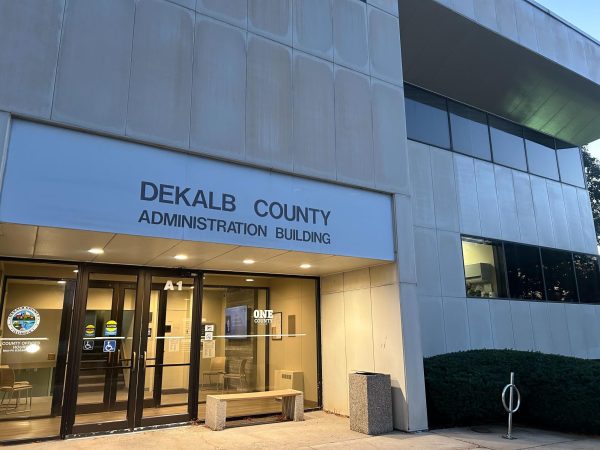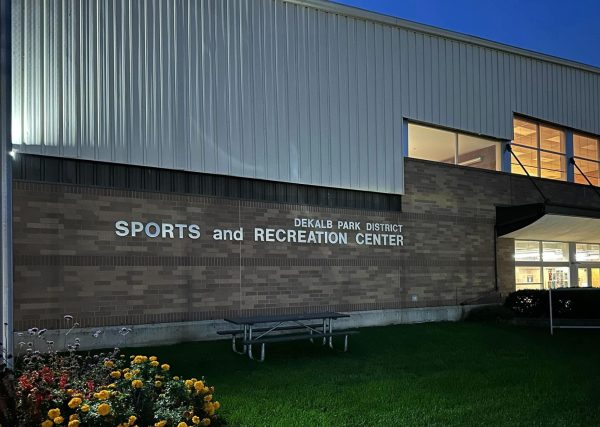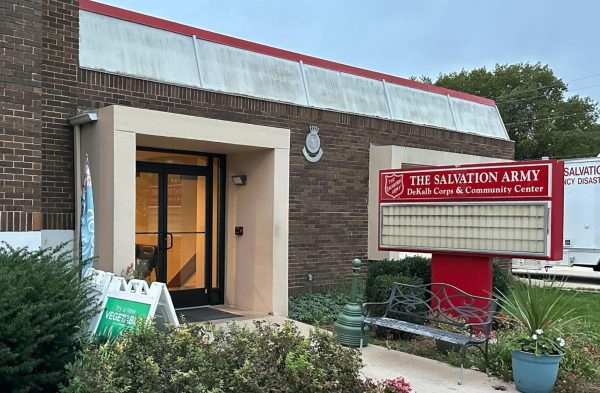The Division of Academic Diversity, Equity and Inclusion discusses racial healing
The National Day of Racial Healing is the Tuesday after Martin Luther King, Jr. Day.
Courtesy of J Pappas
A PowerPoint slide showing how to form your own “I am” poem. This slide was shown during the “Racial Reconciliation Day: I am…” on Jan. 19.
DeKALB — The Division of Academic Diversity, Equity and Inclusion partnered with The Center for Black Studies for Racial Reconciliation Day on Wednesday via Zoom where the importance of racial healing and overcoming traumatic experiences were discussed.
The “Racial Reconciliation Day: I am…” discussion was in celebration of Martin Luther King, Jr. Day in which four people attended.
The National Day of Racial Healing began in 2017 and is celebrated the Tuesday after Martin Luther King, Jr. Day.
Participants were asked to write a poem about who they are and where they come from. Almost everyone shared with the group about their personal life experiences and what they remember from their childhood from smells to what their family was like. Those that shared asked to remain anonymous.
“Oftentimes when MLK Day shows up, I often see a lot of quotes and you know, specifically about what MLK might have shared and there’s a lot of just reflection that happens in terms of these healing components and the work that as a community and as individuals. I think it’s important for us to be doing,” Director of Social Justice Jocelyn Santana said.
In order to pinpoint how to heal on an individual and community level, we need to be able to communicate more effectively in order to build bridges and create a sense of belonging, J Pappas, Assistant Director of Social Justice Education, said.
“There’s a couple of different principles that surround racial healing,” Santana said. “First, it looks at and affirms your inherent values of all people in organizations and communities. Oftentimes, this is where you will have to take a step back and think about those moments where your unconscious thoughts or bias or ideas might come to the forefront of your head where you might hold a thought or a value that may not necessarily be reflective of what you think your values are.”
Pappas explained that there are different levels of oppression or how people are being marginalized.
On an individual level, it is someone saying they don’t like someone because of their identity, which can result in exclusion from their group.
“Then you have the institutional level, which is where you have, for example, NIU as an institution,” Pappas said. “You have kind of a large community of people run often by a handful of folks who make all of the leadership decisions and they create policies and practices that often historically have upheld these harmful and oppressive beliefs. So these policies and practices then kind of reinforce these individual biases and prejudices that people might hold based on race.”
Pappas said we come from a culture that believes some human beings are better than others based on race and our society operates on that belief with intention.
“You might not intend for it to have a racist outcome, but it often does because our system is a racist system,” Pappas said. “So you have to be able to navigate those waters and to be open to messing up and making mistakes and owning where you might be complicit even if you don’t want to be.”
Santana said we can minimize moments where people cause harm by raising awareness, consciousness and levels of understanding.
When having a conversation with someone about what they said or did, Pappas said to explain the impact it has and why it is wrong.
“At least we can have these types of impacts in our classroom and the residence halls and thinking how we read media or even TV and be able to be intentional in thinking about those words that we are using deepens our understanding of the differences and opportunities, burdens and needs that exist relate related to how people racially, ethnically identify,” Santana said.
Social Justice Education’s next event is a weekend-long POWER retreat from Jan. 21 to Jan. 23. The event will cover how to organize community activist activities.


